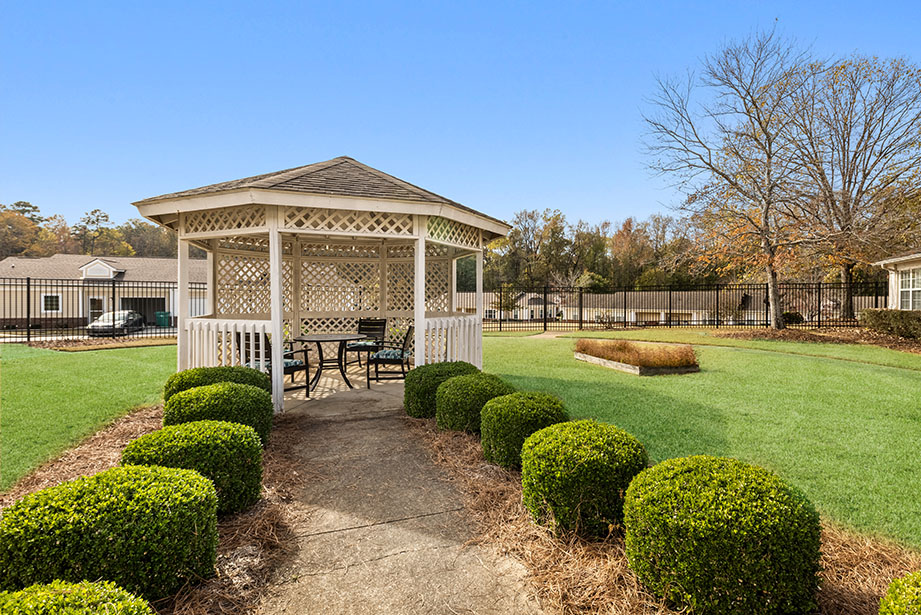Dementia is a term used to describe a range of symptoms associated with memory loss and cognitive decline. It is often seen in older adults and can have a significant impact on daily life, making it challenging for them to live independently. As dementia progresses, it becomes increasingly difficult for family members to provide the level of care their loved ones need.
In such cases, moving a parent with dementia to assisted living can be the best option. This transition, however, can be overwhelming and emotional for both the parent and their family. Here are some tips on how to move a parent with dementia to memory care assisted living include:
- Start the conversation early
- Involve your parent in the decision-making process
- Visit potential assisted living communities together
- Seek professional help
- Plan for the move
- Communicate with staff and caregivers at the assisted living community
- Make the new living space feel familiar and comforting
- Continue to provide love & support
- Take care of yourself
How Do I Move a Parent with Dementia to Memory Care Assisted Living?
Start the Conversation Early
Having a conversation about moving to assisted living with a parent who has dementia may be difficult, but it’s essential to have this discussion as soon as possible. Waiting until the situation becomes urgent can cause unnecessary stress and anxiety for everyone involved. It is best to begin discussing options while your parent is still in a position to make their preferences clearly known.
Involve Your Parent in the Decision-Making Process
It can be tempting to make all the decisions for your parent, but involving them in the process is crucial. This can help them maintain their autonomy and also give you a better understanding of their needs and preferences. Consider asking questions like: “What are your thoughts on moving to assisted living?” or “What aspects of your current living situation do you enjoy and want to maintain?”
Visit Potential Memory Care Assisted Living Communities Together
Take your parent on visits to potential memory care assisted living communities. This will give them the opportunity to explore options and get a feel for the environment. It’s important to involve them in choosing the community they will be moving to instead of making that decision without their input.
Seek Professional Help
Moving a loved one with dementia can be an overwhelming and emotional experience. Seek help from professionals, such as social workers or therapists, to assist in the transition process. They can provide support and guidance on how to best communicate with your loved one and manage their emotions during this time.
Plan for the Move
It’s important to plan ahead for the move to memory care. This includes making necessary arrangements for transportation and packing belongings. It’s also a good idea to visit the new community beforehand and ask about any specific items or decorations that your parent can bring with them to make their room feel more familiar.
Continuously Communicate & Reassure
Moving can be stressful for anyone, but it can be especially challenging for someone with dementia. Continuously communicate with your parent throughout the process and reassure them that the move is for their well-being and to keep them safe. Remind them of the positive aspects of the new community, such as access to activities and socialization opportunities.
Communicate with Staff & Caregivers at the Community
Once your loved one has settled into their new assisted living community, it’s important to establish open and frequent communication with the staff and caregivers. Keep them updated on any changes in your parent’s condition or needs, and regularly check in to see how they are adjusting. This will help ensure that your parent is receiving the care they need.
Make the New Living Space Feel Familiar & Comforting
Moving to a new environment can be disorienting for someone with dementia. To ease this transition, try to make their new living space as familiar and comforting as possible. Bring familiar items from home, such as photos or decorations, and arrange them in a similar way to how they were at their previous residence.
Take Care of Yourself
Caring for a loved one with dementia can be emotionally and physically taxing. It’s important to take care of yourself during this time as well. Make sure to get enough rest, eat well, and seek support from friends, family, or a therapist if needed. By taking care of your health and well-being, you will also be better equipped to provide the best care for your loved one.
Continue to Provide Love & Support
Above all, it’s important to continue providing your parent with love and support during this transition. Let them know that you are there for them and that the move was made out of love and concern for their well-being. Spend quality time together and engage in activities they enjoy to help ease any feelings of uncertainty or anxiety.
Compassionate Support for Your Loved One at Summer Village Senior Living
Moving a loved one with dementia into a senior living community can provide them with the care and support they need. It’s important to carefully consider their individual needs and preferences when selecting a community and to stay involved in their care even after the move. With open communication, familiar surroundings, and continued love and support, you can help make this transition as smooth as possible for your parent and the entire family.
At Summer Village Senior Living, we understand the challenges of caring for a loved one with dementia and we are here to support you every step of the way. Our specially trained staff and personalized care plans ensure that your loved one receives quality care in a safe, comfortable environment.
We also offer opportunities for family involvement and education so that you can feel confident in your loved one’s care. Contact us today to learn more about our senior living communities and how we can support your family.









